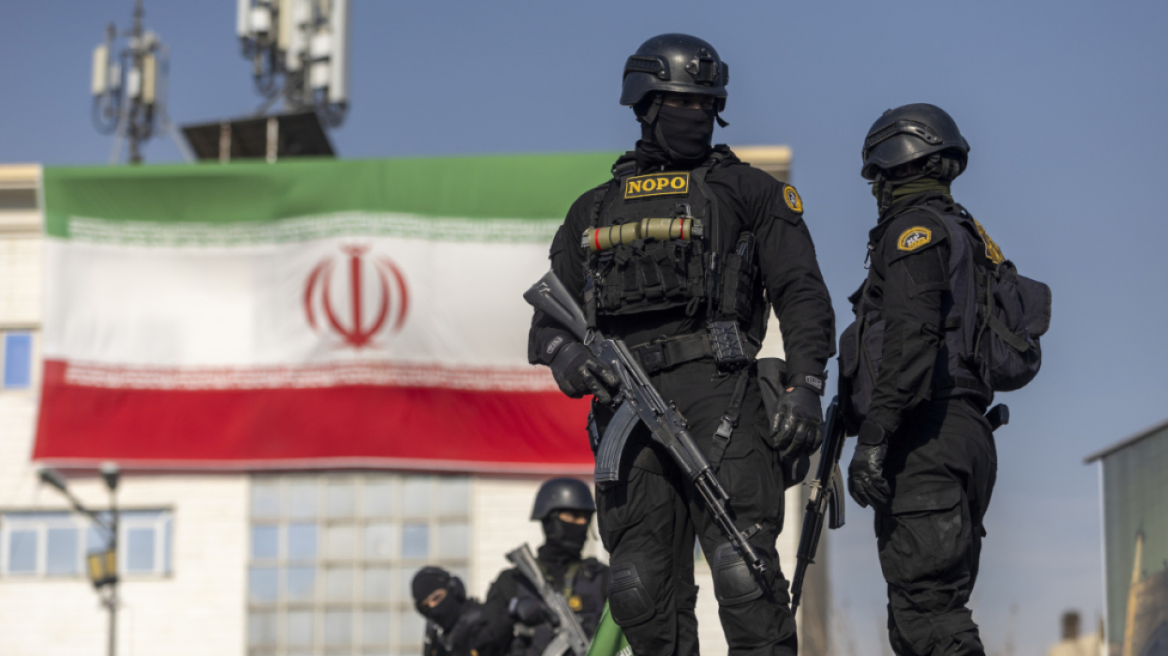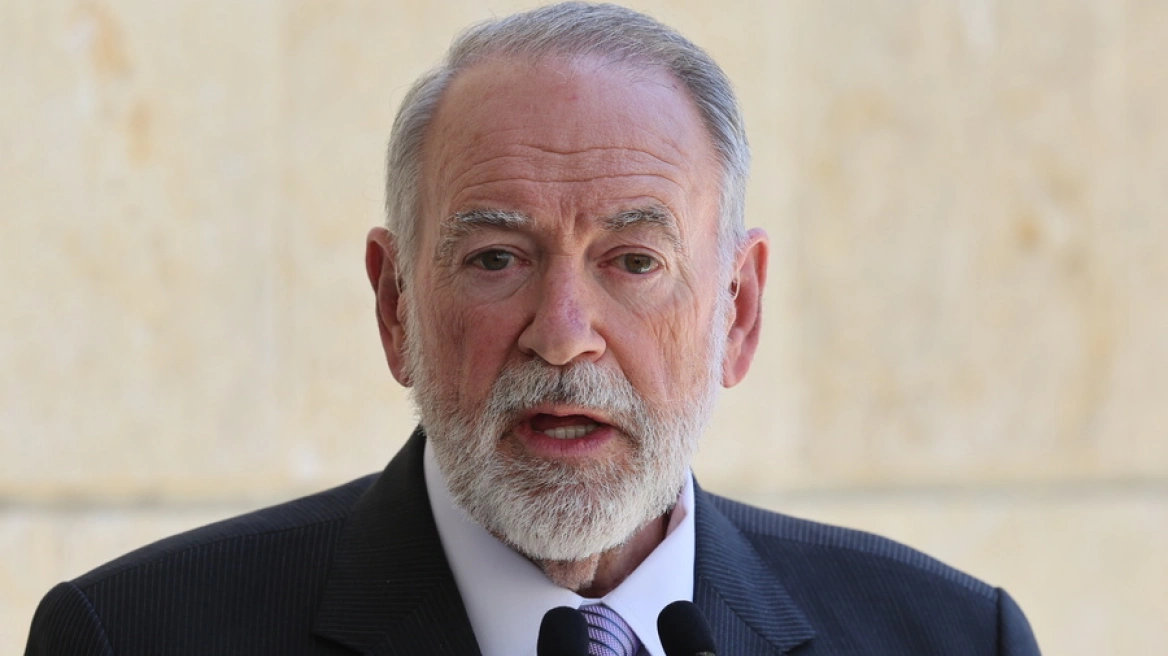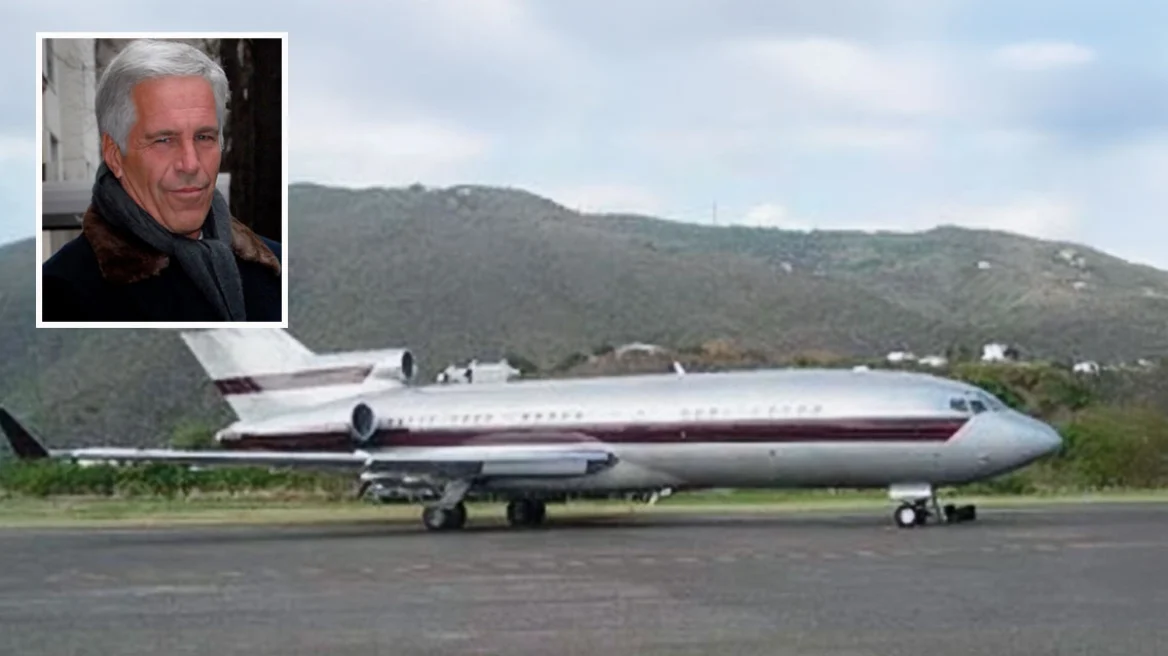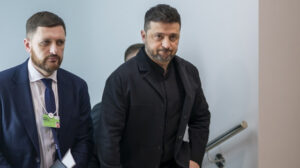As soon as his cab arrived in an Islamic State safe house in December 2015, his lawyers say, Mohamad Khweis realized he had made a huge mistake.
The 27-year-old Fairfax County native fled the group three months later and was captured by Kurdish forces in Iraq. Now, as his trial begins this week in federal court in Alexandria, a jury will weigh whether a mistake of that gravity can be forgiven under terrorism laws.
Khweis, prosecutors say, quite clearly committed the crimes of which he is accused. He knowingly offered himself up as a fighter for a bloodthirsty terrorist group. He conspired with Islamic State facilitators online to do so. And he handled weapons while he was there.
“The defendant gave himself to [the Islamic State],” prosecutor Dennis Fitzpatrick told jurors in his opening statement, “the most lethal terrorist organization in history.”
Defense lawyers counter that there’s no proof Khweis ever committed or advocated any act of violence. He became “intrigued” by what he read online about the Islamic State and had hoped to explore its territory in Syria on his own, they say, but instead had no choice but to join.
“From that point forward, ISIS took control of him,” defense attorney Jessica Carmichael said in her opening statement. “When a young person makes a stupid and naive decision, we will ask that he be allowed to change his mind before any harm occurs.”
The case is unusual for several reasons. Khweis successfully traveled to Islamic State territory, as few Americans have, and was completely unknown to authorities before his capture. FBI agents have testified that they learned of his existence from a video posted by a Kurdish fighter on Twitter. When he returned, Khweis chose to go to trial, when the vast majority of terrorism defendants plead guilty.
The trial is expected to last about two weeks. Jurors already have watched videos of a Kurdish army captain and counterterrorism official who testified at an earlier hearing, and are expected to hear testimony from FBI agents who interrogated Khweis in Iraq.
Khweis is considering whether to testify on his own behalf. He is charged with providing material support to the terrorist group, conspiracy to provide material support and possessing a firearm in a crime of violence.
Khweis, Carmichael said, was a smoker and a drinker who lived with his parents and relied on their insurance and cellphone plans. While with the Islamic State, she said, he performed menial tasks: buying groceries, taking out the trash, getting lunch. He handled guns, she said, only when he moved them to sit on a couch.
He was asked to be a suicide bomber because he had no skills, according to Carmichael, and agreed only because he thought he might be killed as a spy if he did not.
But prosecutors say Khweis showed a sophisticated understanding of the terrorist group he joined. Before leaving for Syria, Khweis quit his job as a Metro Access bus driver and sold his car, driving a rental to Baltimore-Washington International Marshall Airport. He stopped in London and Amsterdam to avoid detection, prosecutors said. When he landed in Turkey, he took a bus to a border town and contacted Islamic State facilitators on Twitter.
Khweis used a handle that included the phrase “greenbird,” a reference to martyrdom. In a direct message, he asked one facilitator to communicate on the encrypted program Telegram. On his phone, FBI agent Ryan Lamb testified Wednesday, Khweis had several apps to enable encrypted messaging and private browsing.
“The defendant was good at” tradecraft, Fitzpatrick said.
But Khweis failed to wipe the data from two of his three phones. He left records of his trip abroad and evidence that while in Turkey he looked at numerous Islamic State websites that featured images of armed fighters, dead bodies and violent attacks. He also looked at pages involving several radical preachers who have justified the use of violence. He searched Google for common Arabic phrases and for Arabic nicknames meaning “the American” and “the Canadian.”
He also looked up “How to pray for beginners.”
According to prosecutors, the car that took Khweis from Turkey to Syria also held three French recruits and one Tunisian, who bragged about the deadly terrorist attack that had just occurred in Paris.
Khweis was shuffled from safe house to safe house, eventually being taken to Mosul for religious training. He met Russian fighters and helped treat injured soldiers, according to prosecutors. Eventually he was taken to Tal Afar, not far from the Syrian border. It was from there that he fled and landed in Kurdish hands.
“He ran into the arms of U.S. law enforcement,” Carmichael said. “Mohamad was happy to tell them whatever they wanted to know.”
Islamic State documents discovered during the Iraqi Army’s recapture of Mosul this year and produced in court show Khweis filled out a form to join the Islamic State and is listed on a spreadsheet as a fighter for the group. However, the form does not indicate that he underwent weapons training or had been assigned to an army.
Khweis turned down multiple offers of plea deals, prosecutors said in a court hearing last week. Defense attorney John Zwerling said in court that Khweis has always been willing to cooperate but “didn’t want to admit to something he feels he didn’t do.”
Ask me anything
Explore related questions





